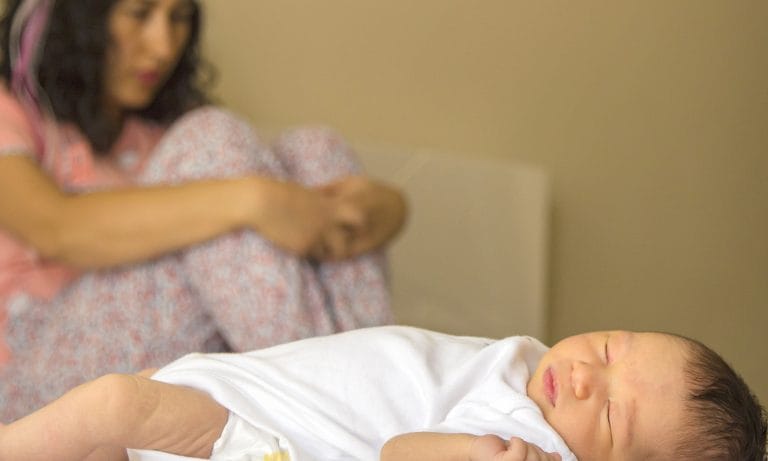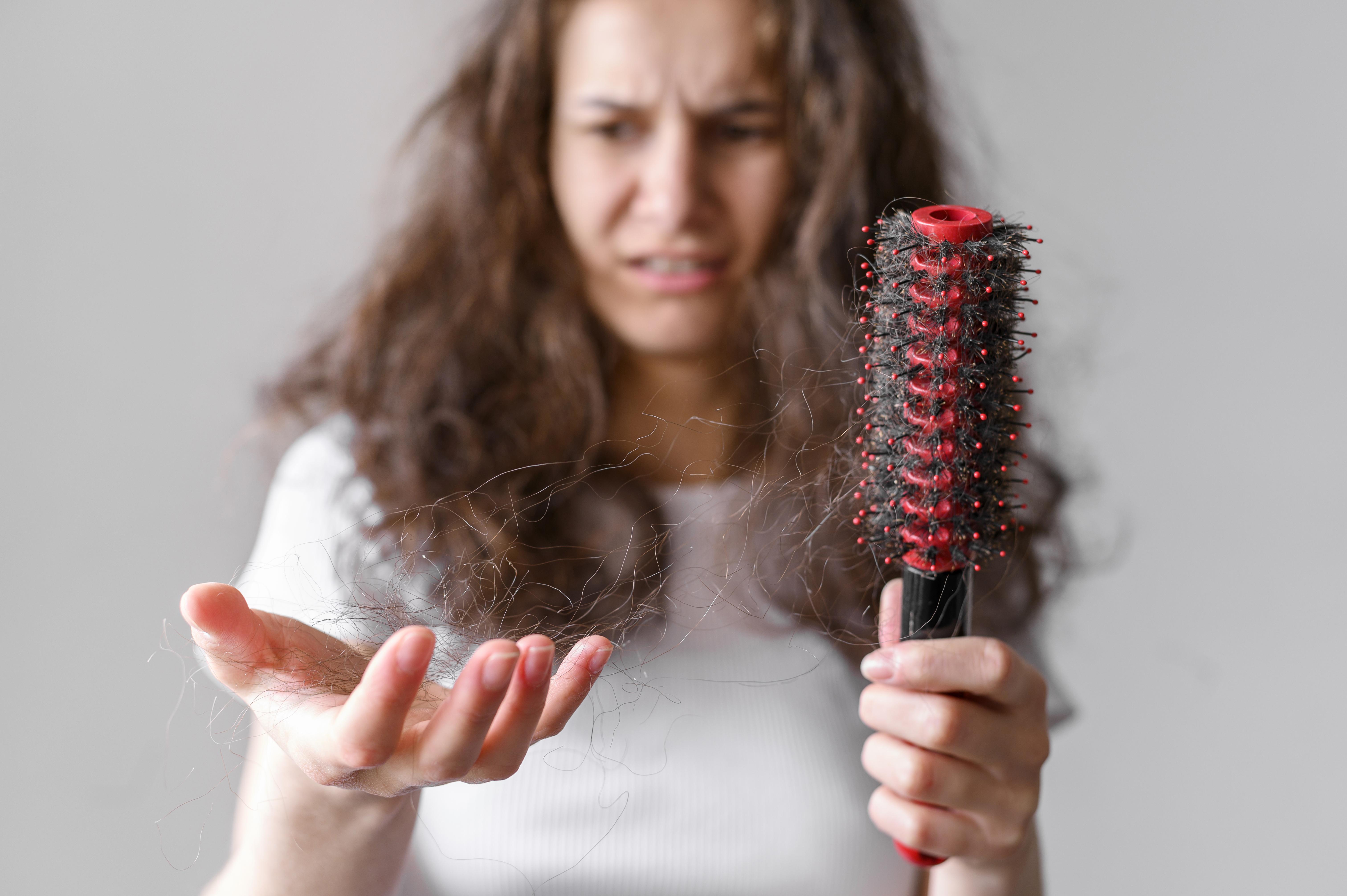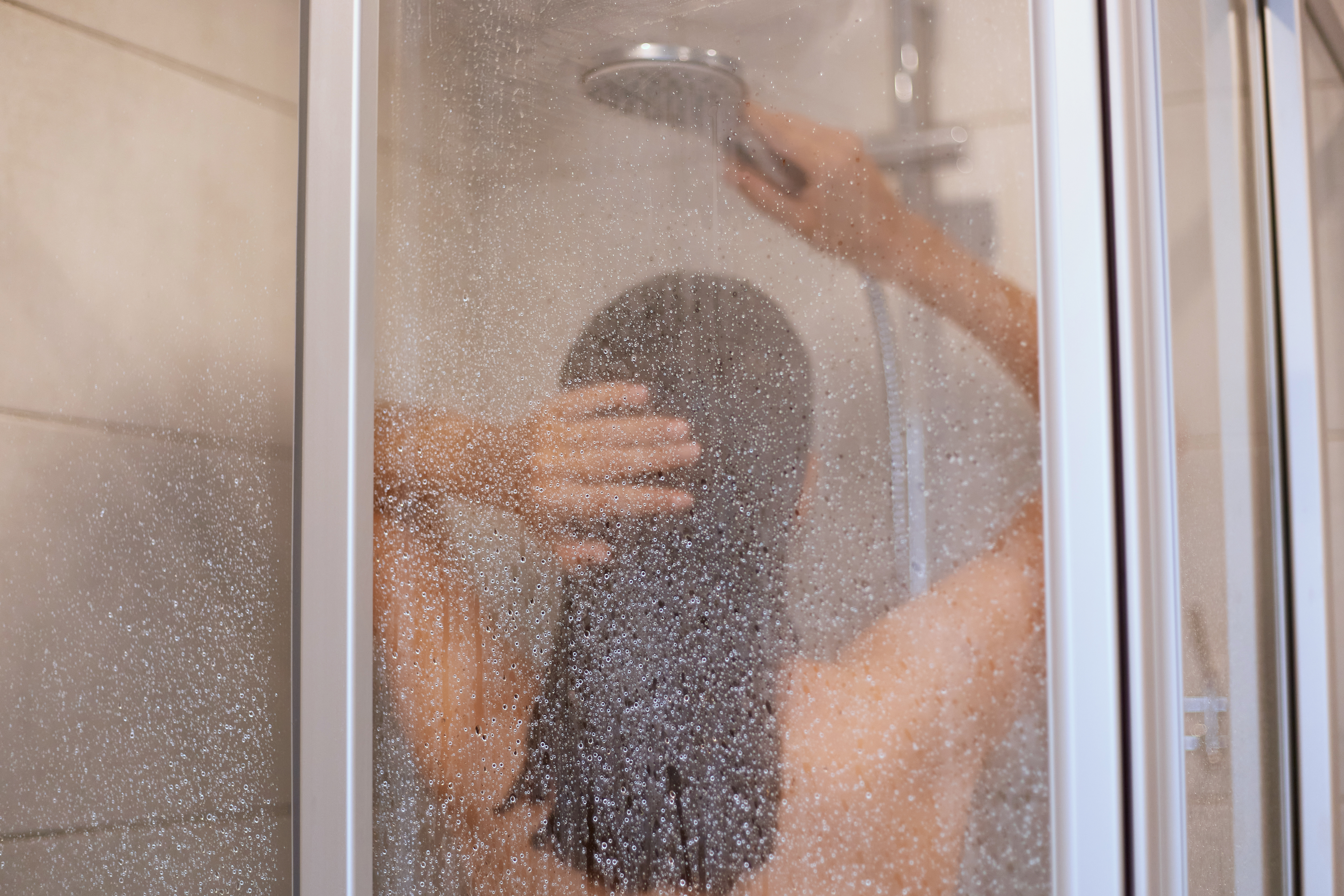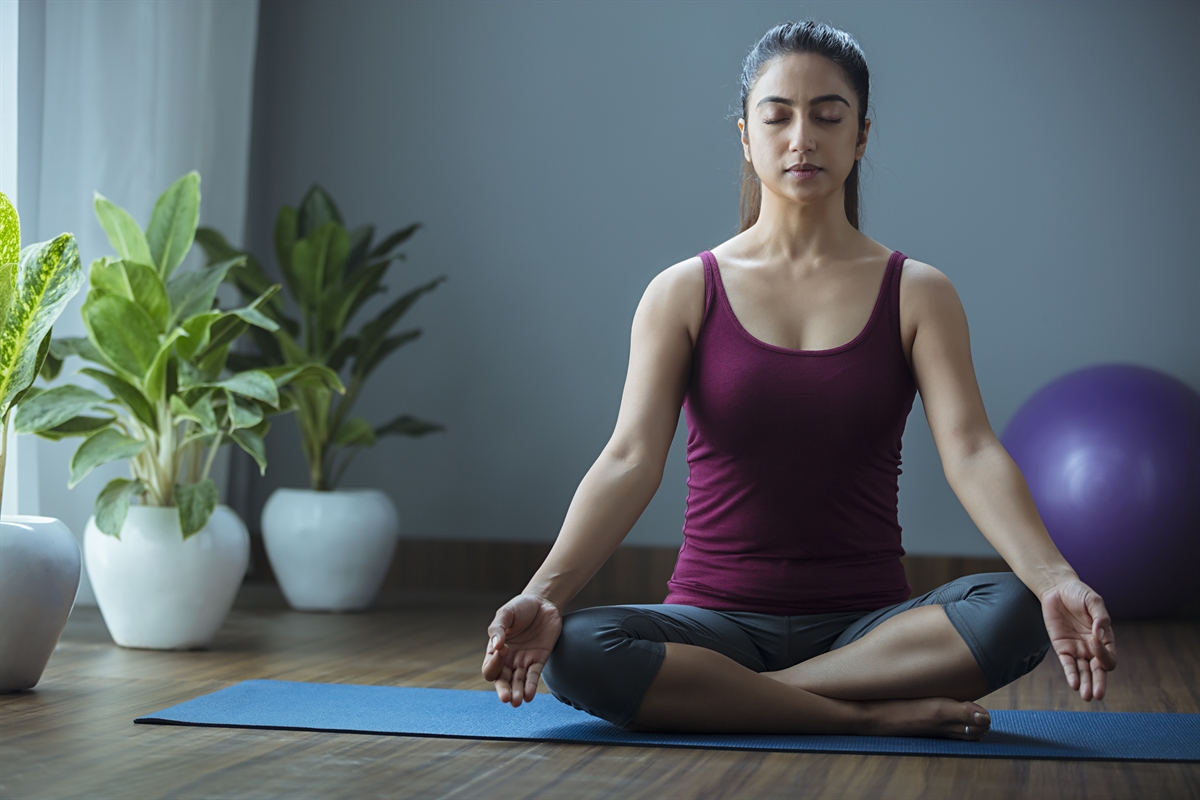- Home
- Blogs
- Post Pregnancy
- Postpartum Care: 12 Ways to take care of Yourself After Delivery- Newmi
- Postpartum C...
Postpartum Care: 12 Ways to take care of Yourself After Delivery- Newmi

The first six weeks after giving birth to your baby are quite crucial, both for you and your baby. This period is referred to as postpartum and is the period of several adjustments. You will be breastfeeding your baby and managing all the new mother's chores. And while doing all of this, it's likely that you will either forget to take care of yourself or, if you remember, you may not know where to begin. That’s why we are here for the rescue. In this article, you will find ways to take care of your body after delivery.
In this article:
- What issue would I Face after Delivery?
- Ways of taking care after having a Baby
- Check out our Post-Pregnancy Care Plans
What Issues Would I Face After Delivery?
Before we jump to the ways of taking care of your body, it is important for you to know the postpartum issues for better understanding. The changes while pregnancy is quite obvious and expected but not many people are aware of the postpartum changes and issues. Here are a few things that might trouble you after giving birth-
Vaginal Discharge
The superficial mucous membrane that lines your uterus throughout pregnancy will start to shed after delivery. And you will experience heavy vaginal discharge that will consist of the aforementioned membrane and blood for weeks. While this is quite natural and gets better with time, there might be cases when the heavy bleeding doesn't stop.
Vaginal Soreness
There could be times when the doctor makes an incision during vaginal delivery to make way for the baby. And there could also be times when the woman might experience a vaginal tear while giving birth. Both of these cases will leave the woman with a wound that might take a while to heal. Not only that, but it might also lead to vaginal soreness.
Contractions
During the first few days following birth, you may experience occasional contractions, also referred to as afterpains. By compressing the blood vessels in the uterus, these contractions, which frequently resemble menstruation cramps, help avoid excessive bleeding. However, in some cases, these contractions can be quite painful.
Incontinence
Incontinence is quite expected among new mothers because the pelvic floor muscles might get hurt or stretched during pregnancy. These pelvic floor muscles are responsible for supporting your bladder, uterus and rectum and thus keeping a check on unwanted dripping. So, among women whose pelvic floor muscles get damaged during pregnancy, incontinence might be an issue for a while or might linger for more than usual. As a result, women might leak a few drops of pee while laughing, coughing or sneezing.
Tender Breasts
You might experience full, hard, sore breasts a few days after giving birth, also known as breast engorgement. As a result, it might get a bit uncomfortable for you as well as your baby. While you might experience pain, your infant can have trouble latching. And it is also possible that milk won’t come out properly from your breasts.
Hair loss
A few months after having a baby, many new mothers experience noticeable hair loss. Falling levels of oestrogen are the reason for this excessive shedding. Although this is quite normal among new mothers and is expected to stop in a few weeks, in some cases, it might linger and be a cause of great distress.

Skin Changes
During and immediately after pregnancy, hormonal changes can drain the skin of lipids, resulting in areas of dry skin on the face. On the cheeks, nose, and mouth, there might be patches of dry, red, and slightly leather-like skin.
Mood Swings
A range of strong emotions is triggered during childbirth. The "baby blues" are a common phase of depression or anxiety for new mothers. In most cases, baby blues go away after 2-3 weeks but they might stay for longer in some cases.

Haemorrhoids and constipation
Your pregnancy may have caused you to get haemorrhoids due to the additional weight gain and strain of carrying a developing child. Moreover, the muscles in your pelvic floor or the anal sphincter may have been strained or injured by pushing during delivery. Constipation may happen or worsen as a result of this pain and damage.
Painful Stitches
This is the case with women who have given birth to their baby via C-section. Usually, the pain of these stitches would stay for a few weeks. However, in some cases, the pain might be unbearable and might linger for longer.
Ways of taking care after having a Baby
Now that you have a clear idea of all the issues that you might face after delivery, it’s time to discuss the ways in which you can take care of your body. Have a look-
Sit on a pillow
If you have had a vaginal incision or tear while giving birth, sitting on a pillow or a cushioned surface will be quite helpful. You can also use an ice pack or pour warm water on the region for a few weeks.
Take warm showers
In the case of breast engorgement, expressing milk might be a bit painful or time-consuming. Try taking warm showers before feeding your baby as it might help in the milk flow and milk expression.

Take pain relievers
Pain relievers come quite handy after giving birth as they are a decent solution for many problems. Whether the pain is of the vaginal tear or contractions, good pain relievers will bring you ease. However, we won't suggest you consume these pain relievers without consulting a doctor.
Do Kegels
Kegels are pelvic floor exercises that can help reduce urinary, bowel, and gas incontinence as well as strengthen pelvic muscles and support pelvic organs. Thus, making these exercises a part of your day can be quite beneficial.
Use haemorrhoid cream
This care tip is for women who have suffered from haemorrhoids during pregnancy. A sympathomimetic amine termed phenylephrine is usually present in these creams and it works by momentarily constricting the blood arteries in the region. As a result, these creams could temporarily reduce swelling, burning, discomfort, and itching that results from haemorrhoids.
Do meditation
As mentioned above, women might experience drastic mood changes post-pregnancy and might also slip into depression. That's why it is highly recommended to meditate daily. However, you might have a hard time starting meditating on your own as you might not have an idea about how it's done. Therefore, it is better to do it under the guidance of an expert.

Maintain diet
The food you eat has an overall impact on your health and it also affects the quality of your milk. Hence, maintaining a proper diet during and after pregnancy is quite crucial. If you are unsure about what to eat, check out the diet plans by Newmi.
Make yoga a part of your routine
Postnatal yoga has many benefits and can help you sail through difficult postpartum times quite easily. Hence, making yoga a part of your routine and doing it under proper guidance is a good idea.
Take proper rest
Rest seems like an unfamiliar word after giving birth to a baby as there are multiple things to look after, not to mention the baby's cries that usually start at night. However, if you won’t take proper rest, your body might stop producing milk properly, you might slip into depression and you might feel constantly drained. That’s why taking rest is important and there is no excuse for that.
Don’t lift heavy loads
During your recovery, you should refrain from lifting anything heavier than your child. This is particularly crucial if you underwent a C-section delivery as it might affect your stitches.
Use special haircare and skin care products
The hair and skin-related issues one faces post-pregnancy are not normal and that's why the products you use for care should be different. Use good quality hair care, hair growth and skin care products ranging from oils, serums, teas, vitamin capsules, facewash, shampoo, etc.
Consult with a doctor
The importance of consulting a doctor after giving birth cannot be emphasized enough. Doctors are the best person to consult with in case you face any of the aforementioned postpartum issues. They will check everything, right from your mood to stitches and give you proper guidance. However, if you are unable to find time to get out of the house and see a doctor, consult with one online.
Check out our Post-Pregnancy Care Plans
Post pregnancy period can be quite troublesome and depressing. But you must not forget to take care of your body amidst all the chores. So, take a step for yourself and check out and subscribe to our post-pregnancy care plans which cater to all postpartum care needs.
Leave a Comment
Blogs
Popular Posts
Get the latest from Newmi
Subscribe to get Email Updates!
Thanks for subscribe.
Your response has been recorded.
COPYRIGHT © 2025 KA HEALTHCARE PVT LTD - ALL RIGHTS RESERVED.
Disclaimer: NEWMI CARE does not cater to any medical/Pregnancy or psychiatric emergencies. If you are in a life-threatening situation, please do NOT use this site. If you are feeling suicidal, we recommend you call a suicide prevention helpline or go to your nearest hospital.

0 Comment